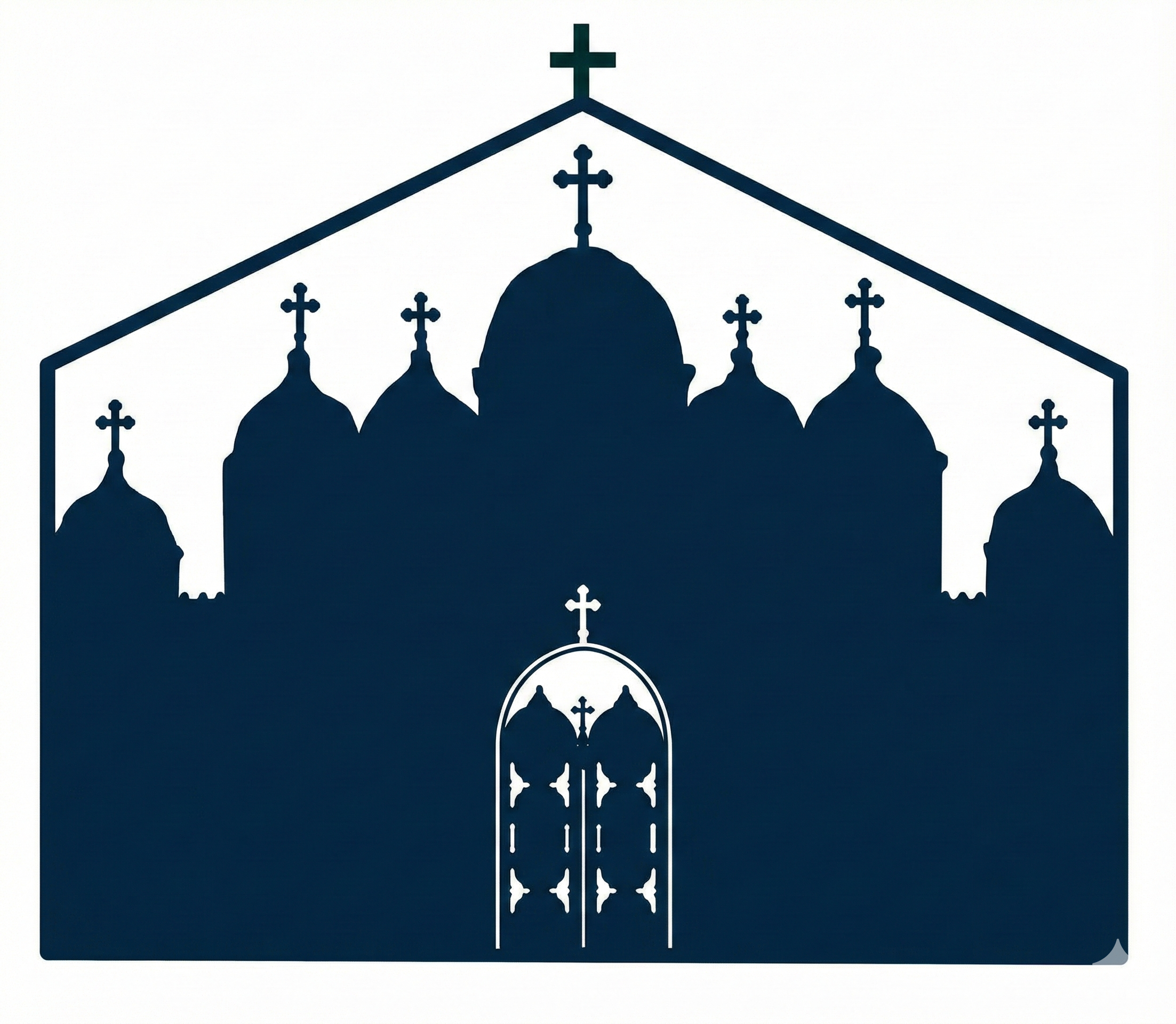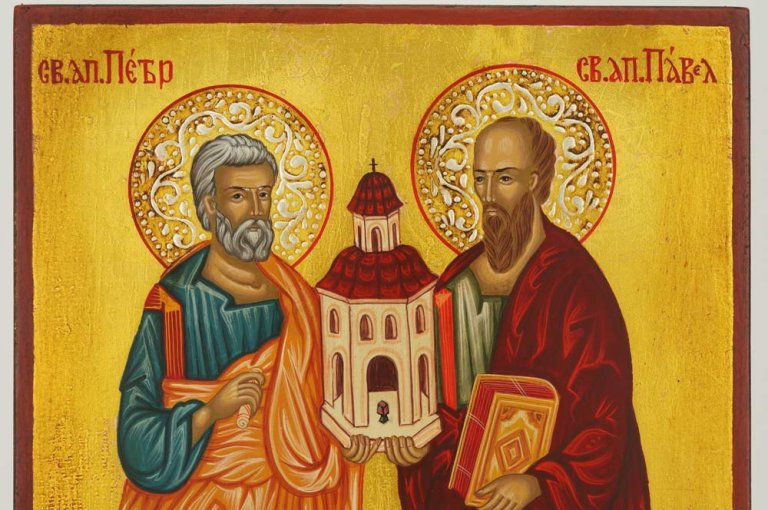Matthew 4:18-23 2016/07/03 Osaka Church
In the name of the Father and the Son, and the Holy Spirit
Peter, Andrew, Jacob, and John, the first disciples of Jesus, were all fishermen. They were not scribes, experts in the Bible (Old Testament) or religious precepts, and certainly not people educated in the Greek and Roman civilizations that were the most fashionable at the time. They were not intellectually impressive people.
So, were they people with courage and virtue instead of learning? That was not the case. When the Lord Jesus was arrested by the Jews, all the disciples ran away, leaving him behind. Peter, who returned to where Jesus was being interrogated, was asked by the people there, “You’re that man’s disciple, aren’t you?” He was so scared that he lied, “No, I’m not.” Furthermore, James and John were quick to get angry, and the Lord nicknamed them “Sons of Thunder.” The twelve also had a big fight over who would be in the highest position if the Lord became king of Israel, and the Lord had to scold them. It seems that none of them had “perfect” personalities.
Thus, the Lord called these ordinary people, run-of-the-mill fishermen, who were neither elites nor people of great character, saying, “Follow me, and I will make you fishers of men.”
Why? Why did He choose such people? Was it because He saw the hidden qualities that would eventually make them fine disciples? …No, that is not the case. The Lord chose them precisely because they lacked education, wisdom, courage, or virtue. He chose them to testify that people are changed and elevated not by what they have, but by the grace they receive from God through Christ.
On the day of Pentecost, they received the grace of the Holy Spirit and were transformed into powerful witnesses of the resurrection of the Lord. They risked their lives to spread the gospel all over the world and gathered many people to the Church, the “Body of Christ,” as part of the “new people of God.” They were truly “fishers of men.” However, it was not just the Gospel message they preached that moved people. People saw the certainty of God’s salvation in the fact that “ordinary people” who had no special knowledge or abilities and who were once selfish and timid were now overflowing with Christ’s wisdom, love, vitality, and power. They thought, “God really does change people, he really does save people.” They listened because ordinary people, remaining ordinary people but overflowing with power, were preaching about the amazing work of God, the Resurrection of the Lord. They thought, “maybe it’s true?” because they were spoken to by ordinary people who had been as worldly and skeptical as they themselves were.
Evangelism is not the mission of learned people writing difficult books or giving lectures. Each of us, as ordinary human beings just like the apostles, must show our neighbors kindness and compassion, resilient strength that does not give in to difficulties, tolerance that overcomes regret and hatred and forgives, not as our own but as something we have received from God. We must “live” the resurrection of the Lord that the apostles testified to, by rising from our own dead ways.
The disciples were gathered together by the Lord and spent three years with Him, and on the day that He was taken up into heaven, they were sent out to their respective missionary fields with the instruction “Go and preach to all people.” We gather in the Lord’s body every Sunday and share the taste of the Kingdom of God in the splendor of that worship. Then, we are commanded to “go out in peace,” to return to the places of our own lives, that is, our homes, workplaces, schools, and the places of fellowship with the people we meet every day, carrying with us everything we have experienced here, the peace we have experienced here, that is, the joy of being accepted by God and forgiving one another. Just like the apostles, we are “sent out.”

